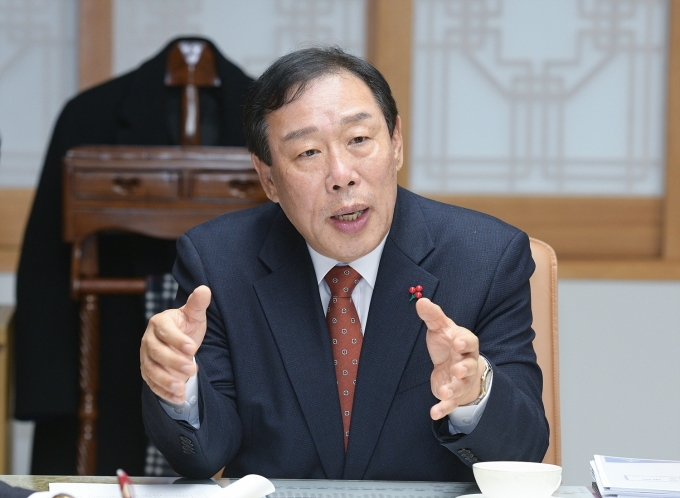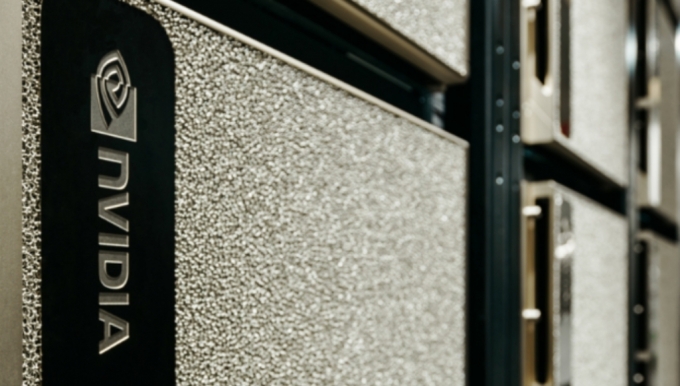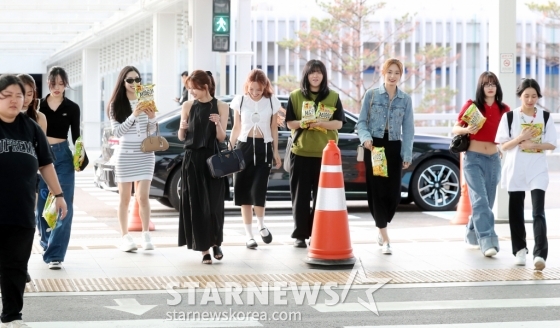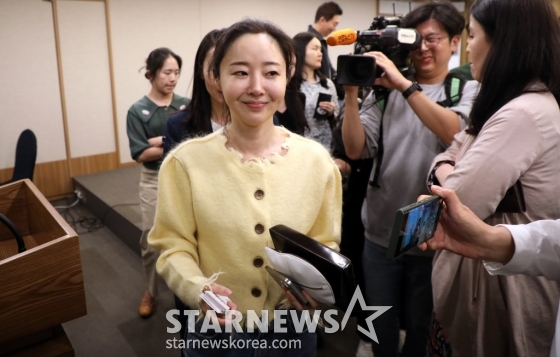 |
| 최태원 SK그룹 회장이 17일 서울 코엑스에서 열린 경제협력개발기구(OECD) 장관회의에서 개막연설을 하고 있다. |
최 회장은 이날 서울 삼성동 코엑스 컨벤션홀에서 열린 경제협력개발기구(OECD) 장관회의 개막연설에서 "모든 사회 구성원과 사물이 인터넷을 통해 언제, 어디서나 연결성이 증대돼 경제, 사회, 정치적 변화가 촉진되고 있다. 이러한 ‘촘촘한 연결’(tight connectivity)과 컨버전스가 지금까지 전혀 상상하지 못했던 새로운 가치를 창조할 것"이라며 이같이 전망했다.
최 회장은 이어 “혁신적인 경제활동을 더욱 진작시키려면 기술 발전과 확산을 막는 장벽 제거와 규제 완화가 요구되며, 이를 위해서라도 글로벌 협력이 중요하다”면서 “이러한 노력들이 국가 간 투자를 활성화하고, 서비스의 상호 이용성을 증대시킬 것”이라고 지적했다.
특히, 최 회장은 무선 인터넷 기술 보급 등으로 개인 사생활 및 지적재산권 침해 등 인터넷의 부정적 영향이 국가 간 경계를 뛰어넘어 확산되는 추세에 있다면서, 이러한 부작용을 적절히 제어하기 위해서라도 국가간 협력체제 구축이 필요하다고 덧붙였다.
최 회장은 또 42개국 장관 등 국내·외 관계자 2500여명이 지켜보는 가운데 행한 이날 연설에서 인터넷 경제가 가져온 변화상으로 생산자에서 소비자로의 권력 이동이 가속화하고, 미디어 시장에서는 디지털 환경에서 성장해온 인터넷 세대와 프로슈머(Prosumer)의 영향력이 증대되는 현상 등을 소개하기도 했다.
이날 최 회장의 연설에 앞서 최시중 방송통신위원장이 개회사를, 앵겔 구리아 OECD 사무총장이 환영 연설을 했으며, 비비안 레딩 EU정보미디어국 집행위원과 마사시 나카노 일본 경제산업성 차관, 케빈 마틴 미국 FCC 의장이 공동 개막 연설자로 나섰다.
방송통신위원회가 주최하는 이번 회의는 지난 16일 사전 행사로 열린 ‘이해관계자 포럼’에 이어 이날 공식 개막했으며, 18일까지 5개 주제별 라운드테이블과 패널회의 등이 진행된 후 막을 내린다.
다음은 최 회장 연설 원문 전문.
OECD ministerial meeting speech
Towards a better future by the new Internet economy
Good morning, ladies and gentleman,
It is an honor for me to deliver this speech before such a distinguished audience. I truly appreciate being given this opportunity today.
The theme of the previous OECD Ministerial Meeting 10 years ago was e-commerce. The meeting served as a major milestone in the efforts of member countries to draw maximum economic and social benefit from electronic commerce.
Back in 1998, the internet was only just burgeoning. Strategic directions have been given to policies in many areas, such as access, privacy, taxation and consumer protection. These efforts have been instrumental in nurturing online activity.
Since then, e-commerce has grown rapidly worldwide; reaching around 7 trillion dollars in 2007? more than double the expectations we had 10 years ago.
What a remarkable success!!
In order to understand and predict the internet economy for the next 10 years, we need to ask ourselves what the core drivers of this achievement have been.
The power train of the internet economy lies in information. The internet has enabled us to create, share, and use information much easier and cheaper than ever before. The internet has been creating conditions for “near perfect information.” It certainly has reduced transaction costs and increased efficiency.
Information flows like water; from high to low. The internet has leveled the slope of information asymmetry.
Information asymmetry is a major source of power inequality. As access to quality information gets easier over the internet, everyone has access to necessary information.
The internet is forcing a power shift from sellers to buyers, from producers to consumers, and from politicians to constituents. Those who were at the information lower ground will gain advantage through easy access to quality information.
Information has greatly reduced transaction costs of consumers. Price and quality comparison is at their finger tips. Information over the internet has been removing the middle man between producers and consumers. If I were to use a Schumpeterian metaphor, new technologies open new spaces. Consumers are now able to make their choices much easier and quicker than ever before.
The internet has empowered consumers in the e-commerce space.
The internet has born a new generation of digital natives and prosumers. They do not passively consume audio-visual content packaged into channels by traditional media companies. Now they proactively search, consume, and produce media contents to their tastes and at their convenience. The internet is providing a new level of freedom and choice to consumers at low cost.
Although the traditional media enterprises still have significant power, the rise of prosumers in the new media market is remarkable.
The internet also empowers people to express their opinions. The internet allows the simultaneous exchange of information among an unlimited number of people.
Knowing the ideal of democracy’s true virtue is direct participation of the people, the internet has allowed us to become involved in political issues directly. Traditionally, we have practiced “indirect democracy” through our representatives. The internet has become the 21st century’s version of the ancient Greeks’ speaker’s platform. Ordinary people can be opinion leaders. Their voices will be heard through the internet. In the recent election in Korea, local primaries were held through mobile opinion polls and elections.
The internet is certainly shifting the power to the people and how they participate in politics.
The internet has changed economies and societies as well as people within. As a result, socio-economic power has been shifted. But the changes so far may be just the beginning. Technological development is fueling this shifting trend much faster in the future.
To respond to this trend, businesses and governments are trying to adapt themselves to provide better interactive environments for consumers and citizens. The ability to understand and catch this moving trend will decide on who the eventual winner will be.
Looking back 10 years from now, connectivity has been a key driver of economic, social and political progress. As the internet evolves and society changes, a higher level of connectivity is necessary, providing a more innovative environment for every player of society. I would call this “tight connectivity”, where everyone and everything is connected to each other anywhere with context.
In the past, the personal computer has been the main device for us to use the internet, but it lacks the fundamental element for the tight connectivity: It is not always with me!
Connectivity will be even tighter with the convergence of fixed and mobile. Wired and wireless broadband networks are enabling ubiquitous connectivity that allows people to enjoy a variety of services as they wish.
I believe the convergence of broadband mobile and internet will be the driver of the internet economy for the next 10 years.
Mobility will add innovative creativity into our economic activities. Traditional businesses first extended their presence to the internet and now to the mobile. Regardless of place and time, their services can now be always available to their customers. It’s like putting your businesses inside the customer’s pocketbook wherever they may be. Soon you will be able to manage your life in the palm of your hand.
New socio-economic values will be created as more devices are internet enabled. Imagine how it’s going to be if everything around you are connected with the internet. All your home appliances, you car, and even your robot will be equipped with internet intelligence. In this intelligent environment, you are at the center of everything. As technological innovation leads to a higher quality of connectivity, so can your quality of life.
I believe tighter connectivity and convergence will create new values that we never thought possible. So it opens up the era of ideas becoming reality.
For some societies, the above-mentioned stories may sound a little too far from reality. But they are not as far as we may think. Many developing countries are still in the beginning process of the internet diffusion. But increasingly fast diffusion of mobile communications of those regions is making up their not enough fixed internet infrastructure.
Lack of necessary infrastructures such as banking and commerce makes users in developing countries rely more heavily on the mobile internet. Mobile phones are more prevalent than bank accounts in some developing countries. Mobile banking can fill the gap of scarce ATMs or branches, and be a much easier and safer way to reach the unbanked people. Mobile banking system is “The very vessel” of the capital flow of those countries.
The information and communication gap between developed and developing countries is likely to become much narrower through the mobile internet.
The efforts to bring the rest of the world into the internet economy will be the foundation of sustainable growth of the global economy. However, to achieve this, I believe inter-governmental coordination is essential.
We have to work together to level the internet disparity between countries. The internet is a global infrastructure by nature. The more countries have competitive e-readiness, the more global economic and social benefit we can enjoy from the network effect. Therefore, we all need to make the internet more secure and open playing field for everyone.
Global coordination is also needed to establish the innovative environment for technological development and diffusion. We need to remove existing barriers and revise regulatory frameworks in order to promote more innovative business activities. These efforts will facilitate international investment and enhance interoperability of services.
The potential of the internet is even bigger now with broadband and mobility. But this potential could fade or be threatened if we lack the vision to make the right choices or cannot control some of the negative side effects of the internet. Specifically, privacy infringement, copyrights violation, as well as other malicious acts could harm the confidence of the internet environment.
Since the internet is an integral part of our lives, the damage both at the individual and social levels can be very deep and wide reaching. Today, most of these happen locally, but a growing number of them occur globally. It is why we need to form global cooperation efforts to secure the future of the internet and protect the values created in it.
We have experienced the growth of the internet and have seen a whole new economy emerge. Building on this, we will now need to create the right conditions for businesses while fostering consumer confidence preparing for the next ten years. We’ve got to figure out how we can make the internet better and how the internet can make the world a better place. As professor Jonathan Zitterain said on YouTube, “Ask not what the internet can do for us, ask what we can do for the internet”
There are five different sessions of round table discussions starting this afternoon, covering key issues for a beneficial and prosperous future of the internet. A giant step towards global coordination starts here today.
I sincerely hope that this historic OECD ministerial meeting will become another milestone in the development of the internet economy.
Thank you.
















![붕대 뒹구는 '강남 모녀 피살' 현장…"무서워 출근 못해" 주민 공포[르포]](https://thumb.mt.co.kr/11/2024/05/2024053110071568754_4.jpg/dims/resize/100x/optimize/)


























![6세 손녀와 떠난 환갑 여행, 비극 됐다…35명 태운 유람선, 7초 만에 침몰[뉴스속오늘]](https://thumb.mt.co.kr/10/2024/05/2024052811060590267_1.jpg/dims/resize/100x/optimize)

















![[인터뷰] 트럼프에게 직접 듣는 '트럼프 2.0'](https://menu.mt.co.kr/pado/article/20240531/2024053109288816545/image_7320_20240531095243_202405310952.jpg/dims/resize/300x/optimize)


![[속보]합참 "북한, 대남 오물 풍선 또 살포"](https://menu.mt.co.kr/the300/thumb/2024/06/06/2024060120475448004_1.jpg/dims/resize/300x/optimize)









![‘슈퍼 초선’ 이준석, 국회에서 통할까? [터치다운the300]ㅣ인물터치](https://i4.ytimg.com/vi/WpycS-OCeP8/hqdefault.jpg)

!['국회 입성' 이준석의 미래? 대선 앞두고 '킹메이커' JP의 길로? [터치다운the300]ㅣ인물터치](https://i4.ytimg.com/vi/kzWX9jrKTNY/hqdefault.jpg)
!['초선' 조국의 미래는? "옥중정치 또는 대권주자" [터치다운the300]ㅣ인물터치](https://i3.ytimg.com/vi/fa3hXp-gWyE/hqdefault.jpg)






!["정통 보수 정치인"홍준표의 최대 경쟁자는 한동훈?[터치다운the300]ㅣ인물터치](https://i1.ytimg.com/vi/laiaayjxmRI/hqdefault.jpg)
![미 항모전단 vs 중 미사일 물량 공세, 대만 해전 장담할 수 없다 [PADO 편집장의 '미국 대 미국']](https://i4.ytimg.com/vi/cJ-7r-EwHhE/hqdefault.jpg)




![홍준표 대권가도 경쟁자 견제구, 성공할까?[터치다운the300]ㅣ인물터치](https://i3.ytimg.com/vi/NsTvleEJY-k/hqdefault.jpg)
![국회의장 놓고 '명심' 이중플레이? 정성호 사실상 우원식 민 것 [터치다운the300]ㅣ이슈터치](https://i4.ytimg.com/vi/kYhua3J8XpA/hqdefault.jpg)

![미국이 독립시킨 파나마, 왜 직접 침공했을까 [PADO 편집장의 '미국 대 미국']](https://i2.ytimg.com/vi/UbocpYuX_xk/hqdefault.jpg)